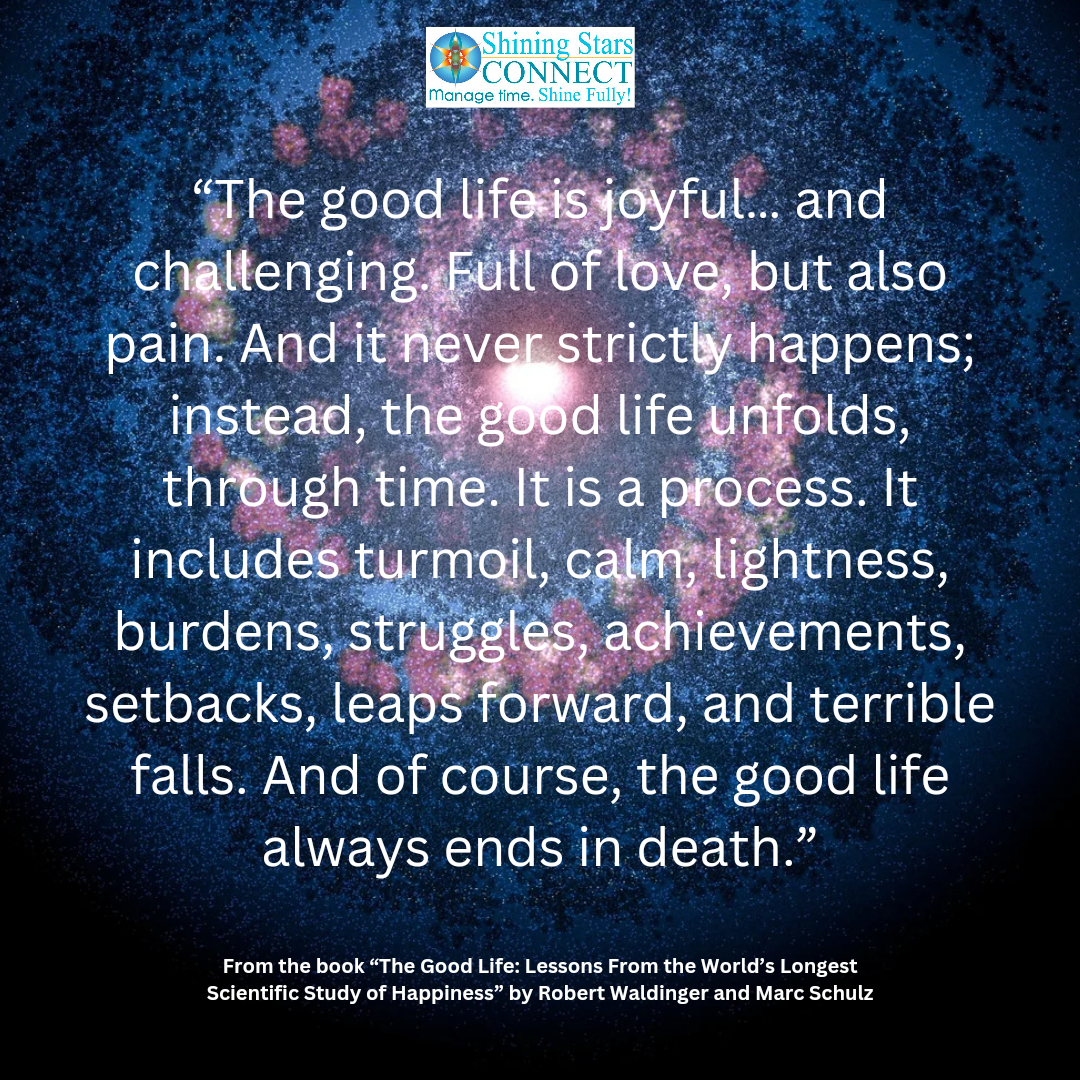Creating Mental Resilience during Hurricane Season-Part 2!
Hurricane Season Stress Management: Understand Stress and Monitor Stressors during a Hurricane!
By, Life Coach- Nafije Prishtina
In Part 1 of this “Creating Mental Resilience” series, you
learned about the importance of taking time to prepare mentally for the extra
stress that comes during hurricane season. Part 2 will help you continue developing
the mental toughness needed to manage Hurricane Stress!
First,
let’s look at Good vs. Bad Stress. It is a recurring theme in my blogs, that not all stress is bad for you. According to mental health
therapist John Stiteler, if you live in a hurricane place like Florida,
increased stress at this time is normal and even healthy. Stiteler said “The increased
level of stress is actually healthy because it produces the hormone cortisol
which provides extra motivation and energy to prepare for emergency
situations." The article continues, highlighting the point that there is a
difference between appropriate levels of stress and significant anxiety (bad
stress.)
Follow his advice to recognize the
symptoms of stress before cortisol levels become too elevated. You want to
avoid potential results including panic attacks, nightmares, intrusive images, intense
fear, changes in appetite, sleep disturbances, and other physical illnesses. To
reduce the risk of letting stress control you, the author offers the following
tips to help manage the excess stress caused by a Hurricane:
Find time for activities you enjoy. Read a book, work on a puzzle, knit, or do something
else you enjoy. These healthy activities can give your mind a temporary break
from thinking about the devastation and keep stress in check. Your mind and
your body will need these temporary breaks to remain sharp.
Avoid drugs and excessive
drinking. Drugs and alcohol may temporarily
seem to remove stress, but in the long run they will only make it worse. If you
smoke or drink coffee, try to limit your intake since nicotine and caffeine can
both exacerbate stress.
Ask for help when you need it. If your feelings do not go away or are so intense that
they interfere with your ability to function in daily life – ask for help.
Friends, family, and places of worship can all be good sources of relational,
spiritual, emotional, and physical support. Don’t try to cope alone. Asking for
help is not a sign of weakness.
Limit media exposure. Obviously everyone needs to stay informed about the
progress of the storm, evacuation orders, etc. However, that does not mean that
you should be watching and listening to storm coverage 24 hours a day. Tune in
periodically to get the latest information and then take a break. Too much
exposure can lead to trauma producing reactions.
Why you
need to limit media exposure!
Research shows
that too much exposure can hurt. Although hurricanes are a fact of life for many
coastal residents, it isn’t essential to stay glued to all those media reports.
If you do, you’re more likely to succumb to stress and mental health problems
after the storm. Another study shows that “A steady diet of media while
anticipating the disaster is not psychologically helpful,” Roxane Cohen Silver,
professor of psychological science did a study and asked 1,600 Florida
residents to report their hours spent watching media reports in advance of
2017’s Hurricane Irma and their anxiety levels in the aftermath. It found that
those who were glued to media reports were likely to suffer more stress and
mental health conditions afterward. The researchers found that Florida
residents who paid the most attention to news reports of the storm suffered
from “post-traumatic” stress symptoms, regardless of whether the storm spared
their homes from damage (Pounds, 2019).
Learn
Mindfulness Based Stress Reduction to help you Manage Stress
By now we
understand that bad stress is what we feel when we think we’ve lost control of
events. Not only life threatening events trigger a stress reaction, but
we experience it almost any time we come across something unexpected or something
that frustrates our goals. Examples of bad stress include: You just found
out that there’s a Hurricane category 4 coming your way. This type of stress
triggers the body's stress response because
the news isn’t happy or exciting.
We must
understand that bad (acute) stress in itself doesn't take a heavy toll if we
find ways to identify our stressor and find mindful ways to relax quickly.
Sometimes, all we need to do is take a deep breath and say “This is Life.
Things happened….it is what it is” Once the “stressor” situation has been dealt
with, we need to return our body to homeostasis, or its pre-stress state, to be
calm and present. We all have the power to turn bad stress into good stress.
Additional tips
to mindfully reduce stress are presented in my 4S training, including strategies
for self-monitoring and stress identification. Self-monitoring is one of
my favorite strategies for increasing awareness. This strategy is crucial for self-care,
and it can be done by simply keeping daily records of personal stressors, both internal
and external. Once a person is aware of stress-producing stimulation and
responses, the next step is to learn and apply mindfulness based stress coping
skills.
Self-Monitoring is a great self-management strategy, and it helps you Manage Stress: Use the checklist below to help you monitor stress symptoms. Click this link to download and print the checklist.
In
Part 3 of this blog series, Creating Mental Resilience during Hurricane Season,
you will learn other mindfulness-based strategies to cope with stress; features of the 4S system of self-management.
To read the first part of this series click here: https://shiningstarsconnected.blogspot.com/2021/06/hurricane-season-stress-management.html



Comments
Post a Comment